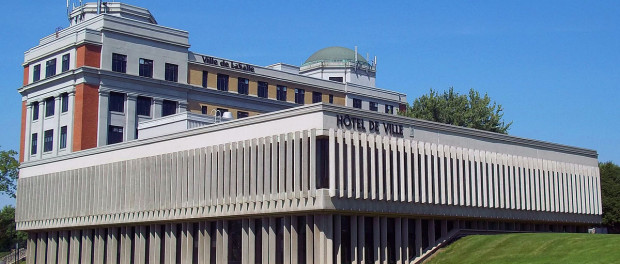My Montreal: LaSalle & Other Quebec Curios
In the 1600s, Montreal had a bit of a rough time trying to get settlers to actually stay on the Island. By the 1650s, the population a planned settlement, Ville-Marie, had fallen to 50 inhabitants, and times seemed tough in the wake of attacks by select groups of Mohawks. However, Maisonneuve, the the governor of the colony, had a crazy idea that just might work. In the following years and over the next decade, he tried to get settlers to Ville Marie: in the space of a decade, Marguerite Bourgeoys came and founded the first school as well as the Congrégation Notre-Dame, the Sulpicians took over as the seigneurs of Montreal, and, in the middle of all of this, came a young man looking for land that would eventually become the area around LaSalle.
Housing over 74 000 people, according to the last census, the average age of a citizen living in LaSalle is 42.4 years old, considerably older than the average for the city of Montreal (38.6 years old). 19% of people living in LaSalle are aged 65 and over, though there is also a growing percentage of young people (just under 30%) as well. Language wise, just under two thirds are bilingual French and English, while an almost equal proportion are unilingual (either English or French). A minority (3%) can speak neither official language. Of the people that come from LaSalle a third of its population are immigrants, with the majority of immigrants coming from Italy, India, and Algeria. The city’s symbol is derived from the windmill of the area, the only Anglo-Saxon inspired windmill in Quebec. The Fleming windmill, five storeys tall, is open to the public and you can even get a free tour.
LaSalle’s federal election district is called LaSalle—Émard, while its provincial one is Marguerite-Bourgeoys. It neighbours Lachine to the west and Le Sud-Ouest to the north. The borough is named after its first seigneur, René-Robert Cavalier de La Salle, a French explorer. For his seigneurie, he actually gained portions of Lachine and LaSalle, and gave them out as land grants. Eager to explore, he learned the Mohawk language and travelled south, claiming land for France all the way to Louisiana. LaSalle died, betrayed by his own band of men, in Texas of all places.






